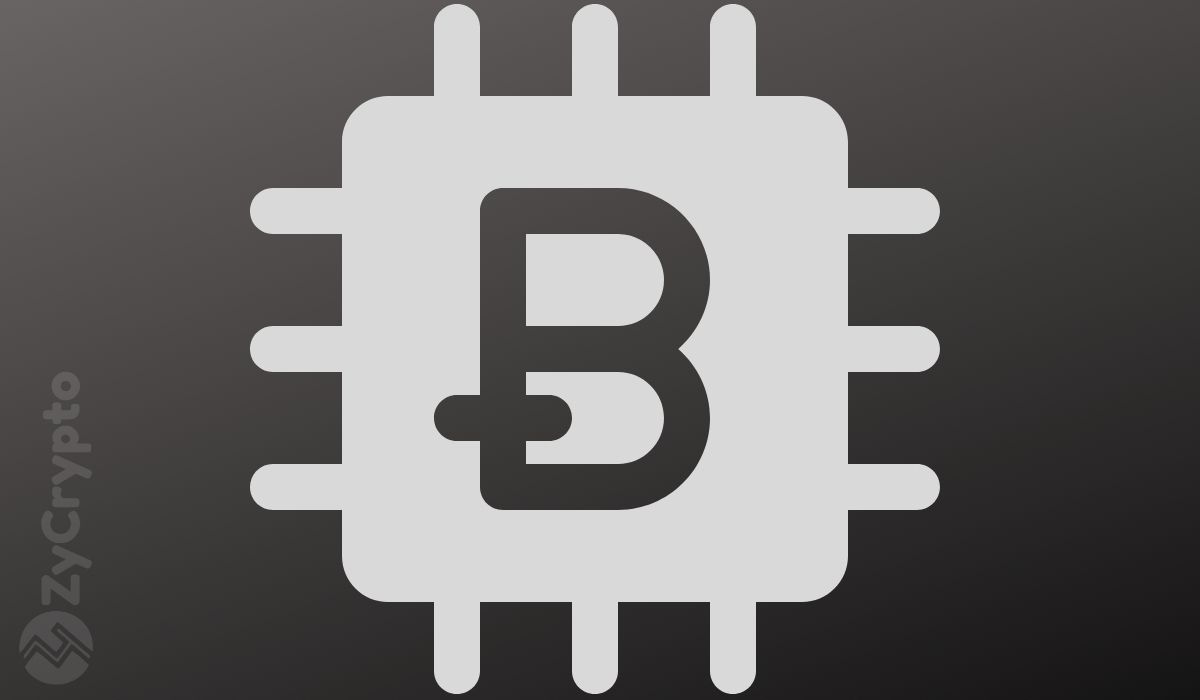Over the last few years, the largest and most active Bitcoin miners have operated from China. These large miners include Bitmain, a miner that has been involved in some tug-of-war scenarios in the recent past, one of them being the hash war of 2018 following the hard fork that led to the split of the original Bitcoin Cash network into two chains (BSV and the current BCH).
Hectic Past
Granted, the proliferation of large mining pools in China over the years and their subsequent contribution to Bitcoin’s overall hashrate has had some people within the Bitcoin community worried that Chinese miners may eventually attempt to effectively centralize Bitcoin mining and probably try to manipulate its price to their advantage.
This would hurt the great trust that Bitcoin has formulated over the years as a viable and secure digital asset impervious to manipulation. In a recent twitter post, one Bitcoin fan, Antony Rosamilia, sought to understand the situation.
Added Hashpower
Responding to Anthony’s query, popular crypto proponent going by the twitter handle “Plan B” said that Bitcoin is no danger of its mining being decentralized since most added hash power is actually from other regions other than China.
The fan went ahead to name countries like Canada and the US as being the major originators of the increasing hash power of the Bitcoin network.
As such, Bitcoin’s hashrate would appear to be evening out among the various major regions, making it hard for any region, group of miners or mining pools to assume total dominance. In any case, such dominance would be pretty unhealthy for the Bitcoin ecosystem.
Interestingly, Plan B added that China-based miners are actually set to be overtaken by those in other regions in the near future.
Good For Bitcoin?
As the hash power rises, Bitcoin’s security increments and the fair distribution of the mining power among the many mining pools in various regions across the world ensures that no single entity or region succeeds in taking total control of the mining network or attempts to attack it. In effect, this is salutary for Bitcoin.







